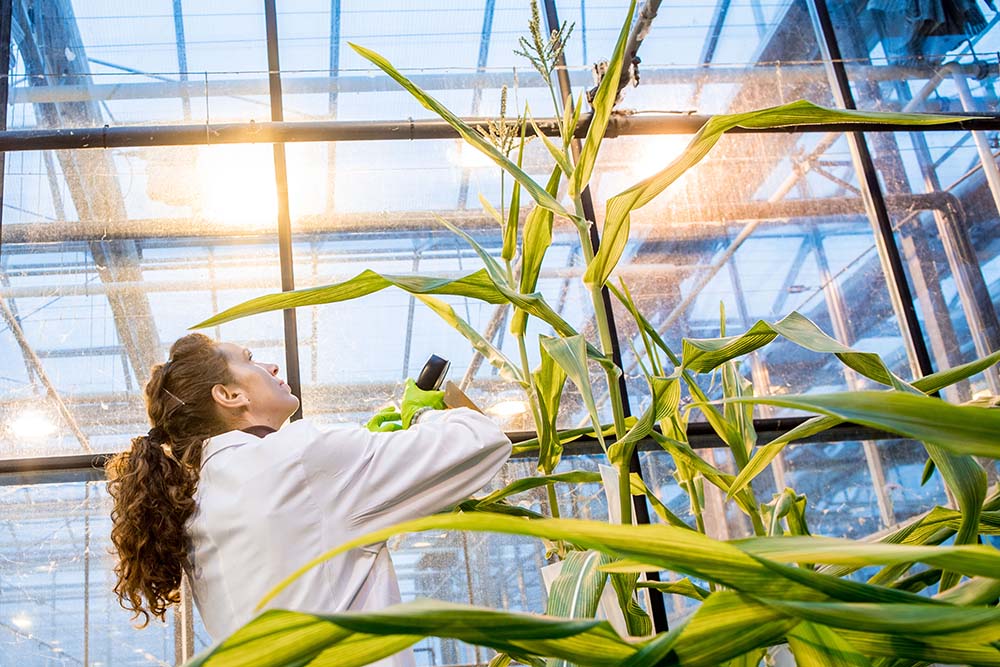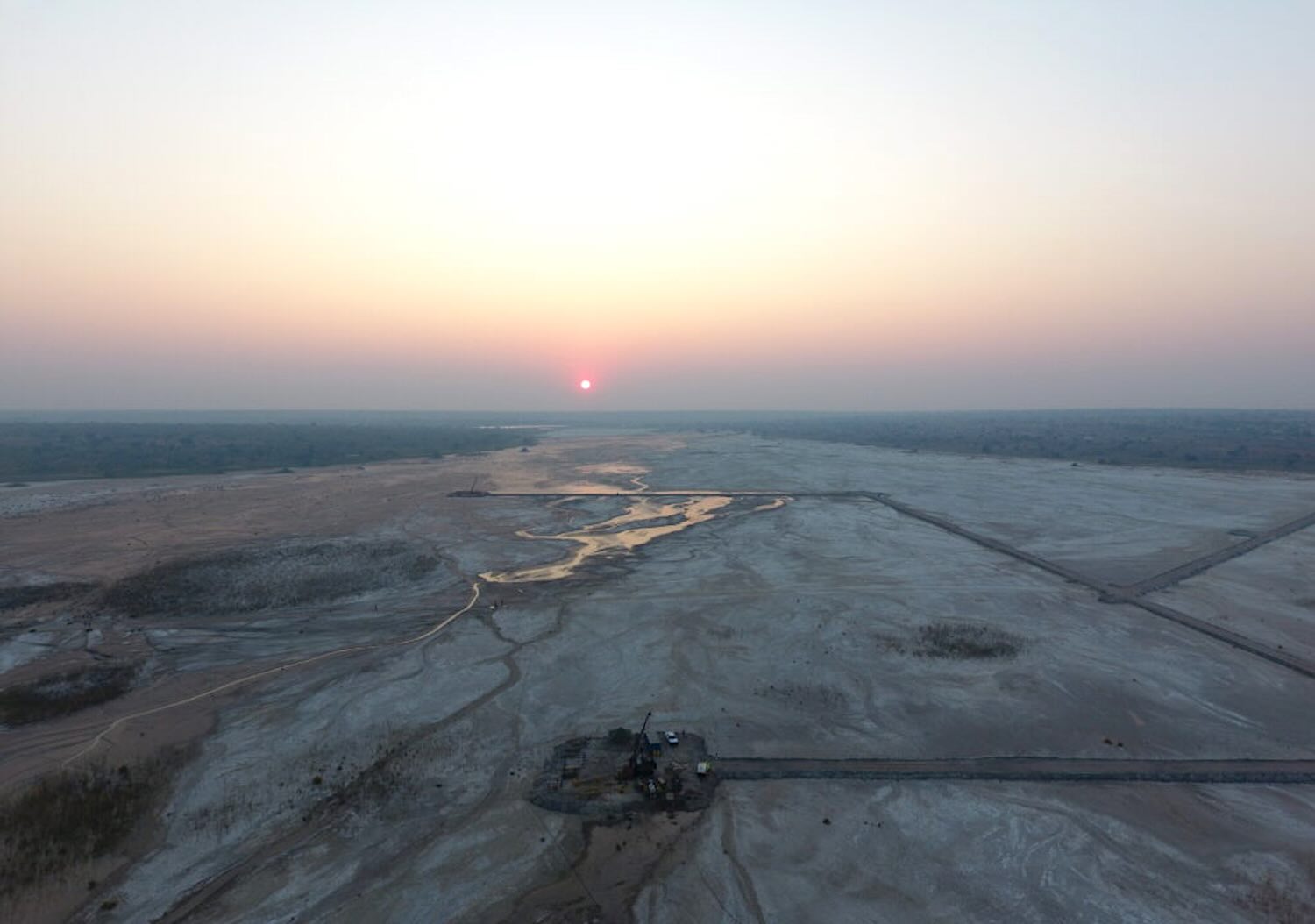Nearly half of all global family offices are on board with a non-fossil fuel future and directly invest in green technologies, or plan to do so soon. But a new investment trend is muddling their sustainability shift: the craze for energy-hungry artificial intelligence.
Wealth managers say the tension between the two themes is a hot topic among heirs. Younger beneficiaries are increasingly vocal about wanting to use their legacies for sustainability goals — both in portfolio investments and in the underlying businesses owned by their families — but also don’t want to miss out on major investment trends.
Family offices face “competing priorities,” Sara Naison-Tarajano, the global head of Private Wealth Management Capital Markets at Goldman Sachs, told a recent roundtable held by the bank. “An incredible amount of power is needed to fuel these technological innovations.”
As dynastic fortunes have become cauldrons of shifting values, they’re also engines of sustainable change. Nearly one in two global family offices, or 46%, are already directly invested in climate-friendly technologies or intend to do so, according to Deloitte Private, the accounting firm’s unit serving family offices.
Family offices are “uniquely positioned to fund climate solutions in innovative and flexible ways, to operate in the seams, and to help other partners with the flexible piece they need to bring their own capital to bear,” wrote Bruce McNamer of Builders Initiative, the grant and catalytic investment arm of Walmart heir Lukas Walton’s Builders Vision, in a recent guest post on ImpactAlpha.
Power hungry
But the overnight success of ChatGPT and other “generative AI” tools and the seismic shifts they portend have sparked the interest of wealthy families, among other investors. The market for generative AI is projected to surge from $40 billion in 2022 to $1.3 trillion over the next decade, Bloomberg Intelligence says.
Cue the FOMO. Some family offices recall how they failed to see the internet boom of the ‘90s. “It’s like we we missed out on the last technology wave from an investment perspective, so how do we make sure that we’re playing this one correctly?” said Jacob Miller, the co-founder of Opto Investments, an advisory firm in New York for high net worth wealth advisory firms and family offices, in an interview.
Generative AI ingests vast amounts of data and spits out analysis, images, texts and videos. That requires reams of energy, raising concerns about the runaway growth of generative AI if much of that power comes from fossil fuels. Microsoft’s greenhouse gas emissions, for example, have risen 30% as it invested heavily in new data centers to meet AI processing demand, undermining the tech giant’s ambitious climate goals.
The International Energy Agency estimates that AI, data centers and cryptocurrency mining accounted for nearly 2% of global electricity demand in 2022, a figure that could double by 2026. Much of that is powered by polluting fossil fuels.
More than three in four (78%) family offices say they’re likely to invest in gen AI over the next two to three years, the top investment theme, UBS says in its most recent Global Family Office report. Well below lies green technologies, at a 50% likelihood, behind health technology, automation and robotics, medical devices, and security and safety.
Family offices pouring money into data centers, electric components producers and energy infrastructure for AI ventures is a “mega, mega trend,” said Goldman’s Ling Cherng Pong, who heads the bank’s Private Wealth Management Capital Markets, Equity Structuring and Managed Strategies in Asia Pacific, on the firm’s recent call. That’s especially true, she said, for investments that can accelerate health and drug discovery processes.
The trend is particularly visible in Asia, where AI topped the investment agendas of Asia-Pacific region family offices, according to a report by Campden Wealth. Wealthy Asian families anchored 3Cap AGI Fund, a new fund by Hong Kong-based VMS Group targeting $150 million for early stage AI ventures.
AI solutions
The technology may be best known for generating human-like conversation, realistic images and entertaining videos, but the technology is also accelerating the pace of scientific discovery by analyzing enormous volumes of data beyond the scope of human analysis.
Venture investor Obvious Ventures sees the technology as a potential world-changing solution that can create what it calls “generative science.” The San Francisco-based firm recently led a $30 million Series B round in Zanskar, a Utah startup that uses gen AI to identify new sources of geothermal energy. Others are using the technology to identify promising approaches for everything from cancer treatment to fusion energy.
Investors including Lumos Capital Group, JFF Ventures and Kapor Capital are tapping the technology to upskill workers and expand pathways to good jobs. “AI — used well — can assist with restoring the middle-skill, middle-class heart of the U.S. labor market that has been hollowed out by automation and globalization,” wrote MIT labor economist David Autor in a recent essay.
ClimateBERT is a large language model trained to generate accurate climate-related text and analyze corporate disclosures of climate-related financial risks (it recently concluded that most companies engage in “cheap talk”).
Taming gen AI’s emissions
Because of the potential of generative AI, tech companies are racing to find ways to mitigate its climate impacts. Albany, New York-based Soluna Holdings, for example, develops and operates data centers that are co-located with wind, solar or hydro-powered energy. The company recently received a commitment of up to $30 million from Boston-based Spring Lane Capital. Crusoe.ai builds data centers near oil fields to take advantage of flared natural gas.
Microsoft, already one of the largest buyers of renewable energy, inked a $10 billion deal last month with Brookfield Asset Management for renewable energy capacity to power its growing AI-focused data centers.
Uniquely positioned
More than 4,500 family offices globally — more than triple 2019’s number — manage $6 trillion in wealth, according to Preqin. They are well-placed to focus on sustainable investments because they have a long-term focus, a preference for private companies not pressured by quarterly earnings cycles, and a fiduciary responsibility only to their family shareholders and employees.
They’re the third largest revenue contributors to the global economy, after the US and China, according to the 2021 EY and University of St. Gallen Family Business Index.
Which makes their interest in AI problematic. “Look, this is a complicated question,” said Naison-Tarajano, who also is global head of Goldman’s Apex arm for family offices, at the roundtable.
On the one hand, there’s a growing push by heirs to question how their family legacy was amassed, and whether it syncs up with their goals and values. In the US, heirs to the Rockefeller fortune, amassed from Standard Oil profits, are the most visible example. The $6 billion Rockefeller Foundation has divested from fossil fuels and reoriented its strategy around climate action, while Miranda Kaiser, a fifth-generation descendant of John D. Rockefeller and the head of the Rockefeller Family fund, has spearheaded legal action against Standard Oil offspring ExxonMobil.
Families in other regions are similarly rethinking their legacies, said Darren Allaway, a managing director with Goldman Sachs Apex who recently met with several high net worth families in the United Arab Emirates and India whose wealth stems from fossil fuel concerns and energy-heavy engineering businesses.
“The second- and third-gens are looking at the assets that made the family wealthy and saying, ‘We don’t want to be associated with these assets so much anymore,” Allaway said. They ask: “What is the plan for transitioning away from these assets?”
Nearly one in two (48%) of 320 single-family offices across the world with an average net worth of $2.6 billion are “worried about climate change,” second only to geopolitical risk (62%) and more than government debt (48%), UBS says. Deloitte says the average portfolio share earmarked for sustainability investments is expected to rise from 17% globally to to 29% over the next five years — a 71% increase.












